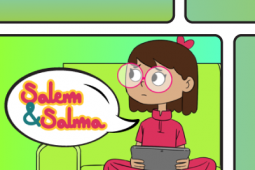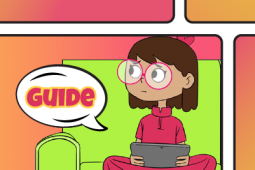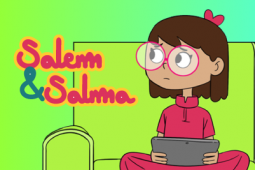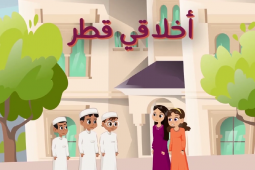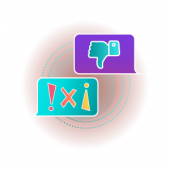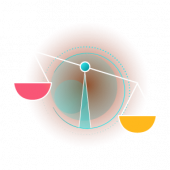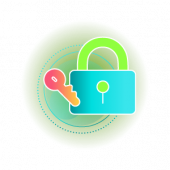How to Use Social Media Platforms as a Teacher

Being a teacher is never confined in classrooms and schools, but it is with you everywhere and every time whether in real life or on the internet and social media platforms. The challenge, however, is how to manage this process through the correct use of these platforms, and to be aware of the borderline between your school and student privacy and what you can share about them, and what can be shared publicly online, and what cannot. This may look somehow frustrating. So here are some tips that help you interact politely and easily on social media.
Like other people, teachers have lives, families, friends, and interests just like everyone else, so as a teacher, it might be useful to create a separate account for professional use, where you can set stricter rules to protect the privacy of your school and students. You can also control the account’s settings so that only allowed people can see your posts. This way, you can separate your personal posts from work-related posts, but keep in mind that the moral principle should guide you in whatever you post.
So, what can you share on social media?
One of the most important rules to know about the limits of what you can share about your school or students is that no matter how much you maintain privacy on social media platforms, it’s still an insecure place, and you certainly have concerns that may make you think twice about how to use it: What posts are appropriate? With whom you should interact? Are there specific types of posts that you should avoid? How do you control who can access your posts?
This is why it is divided into two aspects:
School:
Schools usually have administrative regulations and rules and the school’s policies might include how the staff should use social media and how much information about the school they are allowed to share. So, check out these regulations to ensure that you fully comply with them.
Some guidelines might even state that the school's name should not be mentioned in any personal profile or post, and having your students and their parents as friends on social media is not allowed and that the names and tasks of other educators should not be revealed.
Also don’t share financial information about payroll and bonuses, otherwise, this could be a social embarrassment for you or you could be held accountable by the school administration for such data disclosure.
Therefore:
- It is better not to mention your school’s name or identify yourself as an educator in your personal profile, and not to geotag the posts you share on the school website even if you have already controlled your privacy settings as your post can be found in search engines and thus your workplace may be identified, which could be dangerous if such information is stolen.
- Don’t post during school hours, for you will make a bad impression on both parents who are following you and the school administration which would think that you’re spending your time taking selfies or tweeting. Thus, socialize during your free time, not during working hours.
- Each school has different activities and events, and this might be mentioned or shared by some students or by those interested in these activities on social media, so Be mindful of the importance of these events when sharing your comments and reply responsibly to any comment.
Students:
No doubt many educators use social media to share the best education practices, develop their students’ digital skills, and to build a more connected school community. Social networks, however, can pose risks to student privacy. Here are some tips on how to avoid these risks:
- If you plan on sharing your classroom activities, first you need to get parental consent to make sure they don’t mind posting data or photos of their children online, since privacy is one of the most important issues on social media and many parents might not be okay with it. So, their consent is a must to avoid any consequences or being held accountable by the school or the parents.
- You can post a photo of yourself or share a quote from your favorite movie from time to time for your students and colleagues to see, but bear in mind that your students may be among your followers. So, behave well in front of them and don’t forget that you’re that same person whether online or in the classroom.
- You need to take the students’ comments and interactions into consideration. Some suggest not to interact with them for good to avoid any disagreement and difference of opinion in matters beyond education. Others recommend a moderate solution, for example, you can joke with your students during recess, but you can never play with them online games.
- Don’t ever share any grades or assessments or school records of your students publicly. These are extremely private and disclosing them will probably make the students exposed to cyberbullying or affect their future.
- If there is a need to share some of your classroom activities, after securing the consent of the school and parents, try to post general photos and limit the sharing of students’ faces as much as possible. In addition, post general activities and let your students comment.
Being highly aware of these tips would spare you unnecessary consequences, whether legally speaking in terms of the accountability before the school or the parents or morally speaking in respect of your conduct towards your students. This would also create a secure environment on social media where you can share and post safely.
@2x.png)


